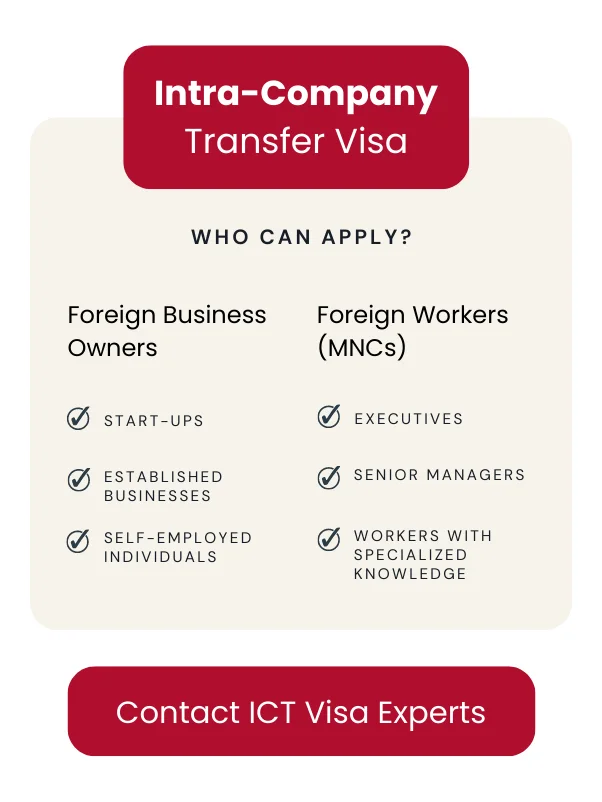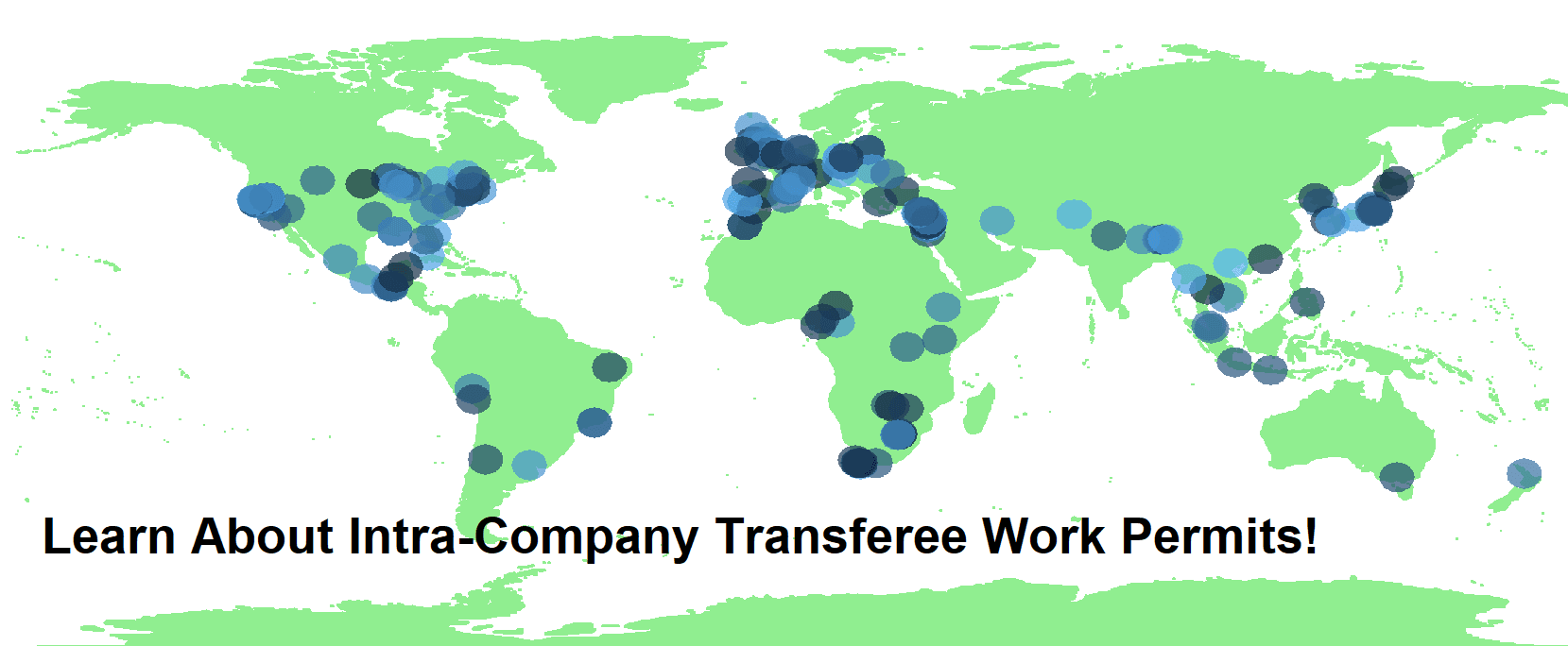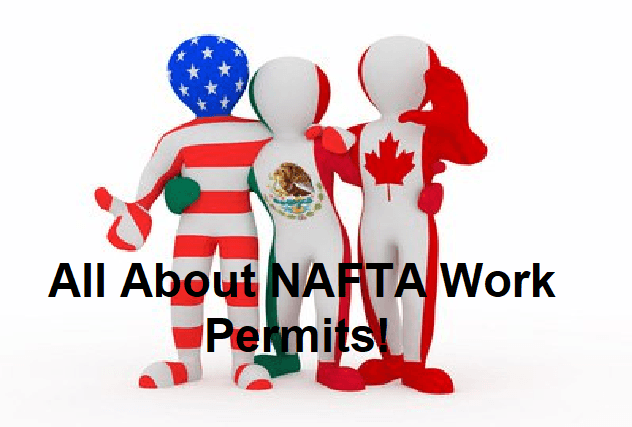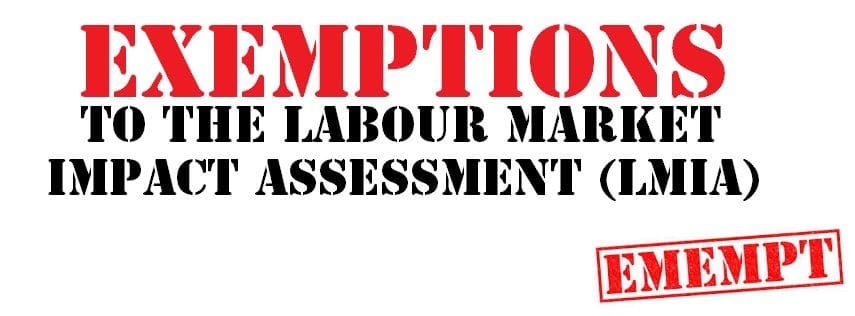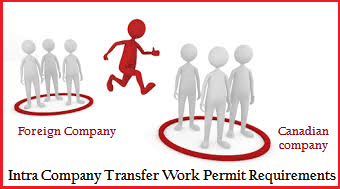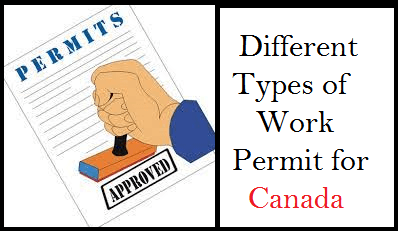
July 10, 2024
How to get an Intra-Company Transfer Work Permit
How to get an Intra-Company Transfer Work Permit Are you wondering how to get an Intra Company Transfer work permit? The Intra-Company Transfer (ICT) Work Permit offers a streamlined pathway for companies to transfer key personnel to their Canadian branches. This permit allows skilled workers to leverage their [...]

August 30, 2018
Understanding Intra-Company Transfer
Intra-Company Transfer Are you a foreign national that wants to work in Canada? Do you already work in a multinational company from either the United States or Mexico, which acquires an existing subsidiary branch within Canada? Do you obtain an upper-level position within your multinational company and are [...]

June 8, 2018
All About Significant Benefit Work Permits
What is a Significant Benefit Work Permit? Do you have an interesting business idea, or are an entrepreneur who thinks they have a business idea which could be beneficial to Canadians, then the Canadian government has the program for you! Assuming you as well have an interest in [...]

June 4, 2018
About Intra-Company Transferee Work Permits
What is the International Mobility Program? There various different work permits one could apply for which would give them permission to work legally in Canada. The reason there are so many different work permits for individuals to choose from is that the Canadian government recognizes that there are [...]

May 29, 2018
What a NAFTA Work Permit Is
What is NAFTA, and How Does it Impact my Ability to Work in Canada? You’ve probably heard the term NAFTA before. If you don’t already know what NAFTA is, I’m here to help. “NAFTA” stands for North American Free Trade Agreement. This is an agreement between Mexico, Canada [...]

October 16, 2017
Exemptions to the Labour Market Impact Assessment (LMIA)
Several Circumstances Where LMIA Can Be Waived In order to successfully bring and hire a temporary foreign worker to Canada, in most cases, Canadian employers must acquire a positive Labour Market Impact Assessment (LMIA) prior to hiring them. However, there are several different circumstances and cases where a [...]

May 30, 2017
Intra Company Transfer Work Permit Requirements
Intra Company Transferee Work Permit Requirements Do you want to work in Canada but are employed overseas through a multi-national company? Does the multi-national company that you work for have a location in Canada? If so, you should apply for a work permit through an Intra-Company Transfer. It [...]

May 19, 2017
Different Types of Work Permit for Canada
Work Permit Eligibility Do you want to work in Canada? Do you feel like the job and/or career opportunities are better here than in your home country? If so, you should apply for a work permit. It is important to note that a work permit is necessary for [...]

February 2, 2017
International Mobility Program LMIA Exempt Work Permits
Different types of Work Permit for Canada There are different types of Work Permits available to come to Canada and depending on your specific situation/case, you may or may not need an Labour Market Impact Assessment (LMIA) to get this work permit. In this blog we will walk [...]

June 16, 2016
Documents needed for Intra Company Transfer
Intra Company Transfer Are you an Intra-Company Transferee looking forward to your experience working in Canada? To make for an enjoyable experience, you would want it to start off on the right foot. Therefore, you would want to make sure your entrance into Canada is as hassle-free and [...]

November 8, 2015
How Do I Qualify for an Intra-Company Work Permit?
What is an Intra Company Work Permit? The Intra-Company work permit is a permit part of a larger one, the NAFTA work program. The North American Free Trade Agreement is an agreement placed into effect in 1994 between the North American countries, Canada, the United States and Mexico. [...]

